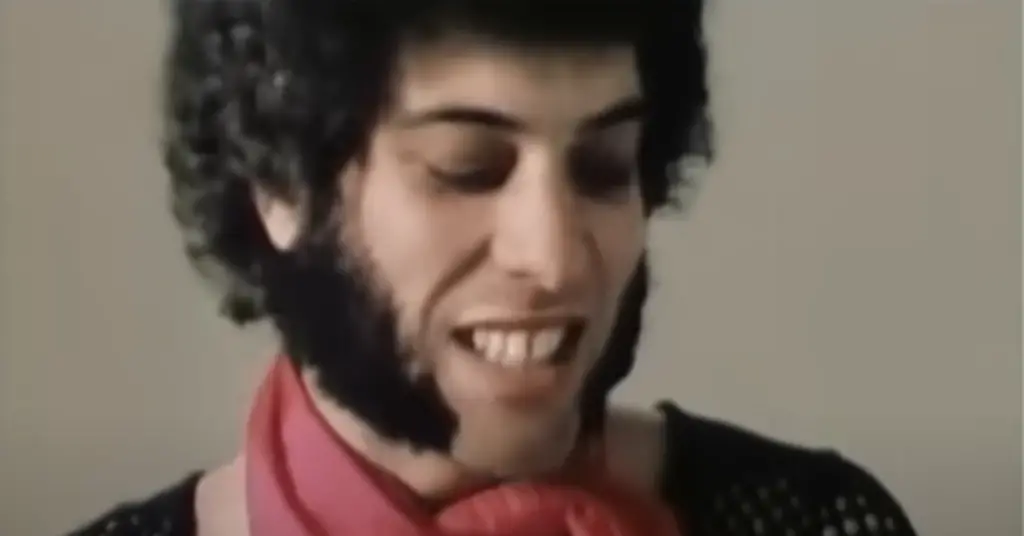Mungo Jerry – “In the Summertime”: A Sun-Drenched Celebration of Freedom and Fun
Some songs are built for the ages. Others are built for a moment—and that moment never ends. “In the Summertime,” the infectious 1970 hit by British band Mungo Jerry, belongs to the latter category. With its skiffle-style rhythm, jug-band energy, and irrepressible grin, it has become one of the most iconic summer songs of all time.
Whether blasting from an old transistor radio, echoing through festival fields, or anchoring a dozen movie soundtracks, “In the Summertime” captures a universal feeling: freedom, sunshine, and zero obligations.
The Sound: Skiffle Meets Rock Meets Irresistible Simplicity
From the very first jaunty guitar strum and cheeky kazoo line, “In the Summertime” tells you exactly what it is: loose, unpolished, and absolutely infectious. It was recorded live in one take, and that’s part of its magic. There’s no studio slickness—just the raw joy of a group of guys jamming on a warm day.
Ray Dorset, the band’s frontman and songwriter, delivers his vocals in a bluesy, nasal drawl that feels equal parts rockabilly, jug band, and pub singalong. Add in that bouncy stand-up bass and the skiffle-style rhythm guitar, and you’ve got a sound that feels like it could’ve come from a back porch or a street corner.
It’s not just summery. It’s sun-soaked and barefoot.
The Lyrics: A Snapshot of Carefree Youth
“In the summertime, when the weather is high / You can stretch right up and touch the sky…”
With those opening lines, you’re already there—no need for metaphor or mystery. The lyrics of “In the Summertime” are direct, simple, and totally unpretentious. They paint a picture of a life free from worry: cruising in your car, meeting girls, drinking wine, and enjoying the warmth of the sun.
“If her daddy’s rich, take her out for a meal / If her daddy’s poor, just do what you feel…”
It’s casual, a bit cheeky, and very much a product of its time—a carefree worldview where class distinctions are shrugged off and life is lived moment to moment.
While the song’s old-school attitudes haven’t aged without critique, its spirit of easygoing, egalitarian fun still resonates.
The Success: An Instant, Global Hit
Released in May 1970, “In the Summertime” exploded across Europe and beyond. It topped the UK Singles Chart for seven weeks and went on to sell over 30 million copies worldwide, making it one of the best-selling singles of all time.
In the U.S., it cracked the Top 5 and became an enduring seasonal favorite, reappearing every summer on oldies stations, commercials, and barbecues. It’s not just a song—it’s a mood that refuses to fade.
The Legacy: A Summer Staple for the Ages
“In the Summertime” has been covered, sampled, and reworked by countless artists—from Shaggy’s 1995 reggae-infused version to remixes and TV jingles. Yet no version captures the raw, unfiltered joy of the original.
Its success made Mungo Jerry a household name—if only briefly. The band never replicated the hit on quite the same scale, but Ray Dorset’s place in music history was secured.
Even now, more than 50 years later, you only need to hear the first few strums and you’re instantly transported—to flip-flops, cold drinks, and no worries.
Final Thoughts
“In the Summertime” isn’t trying to change the world.
It’s not profound. It’s not polished.
But that’s exactly why it’s perfect.
It’s a breeze through an open window.
A grin between friends.
A reminder that sometimes, the best things in life really are that simple.



Facebook Comments